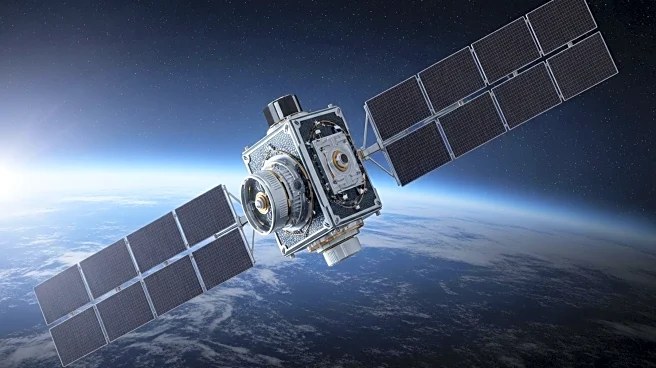What is the story about?
What's Happening?
The small geostationary satellite manufacturing market is experiencing a split in strategies regarding vertical integration. Companies like Swissto12 are expanding their capabilities by acquiring assets to enhance their product offerings, while others like ReOrbit focus on software-defined systems to maintain sovereignty in supply chains. AscendArc is integrating around payload design to increase efficiency and reduce costs. Astranis is rapidly expanding its fleet with a focus on vertical integration, planning to launch additional satellites by 2027.
Why It's Important?
These divergent strategies highlight the evolving landscape of satellite manufacturing, with implications for global communications and data services. Vertical integration can offer cost and efficiency benefits, while software-focused approaches provide flexibility and control over supply chains. The choices made by these companies will influence their competitive positioning and ability to meet the demands of government and commercial clients.
What's Next?
As companies continue to refine their strategies, the market may see further consolidation or diversification based on technological advancements and customer needs. The success of these approaches will depend on their ability to adapt to changing geopolitical and economic conditions, as well as advancements in satellite technology.
Beyond the Headlines
The focus on vertical integration and software solutions reflects broader trends in the tech industry, where control over supply chains and data security are increasingly prioritized. These developments may also impact regulatory frameworks and international collaborations in space exploration and satellite communications.















